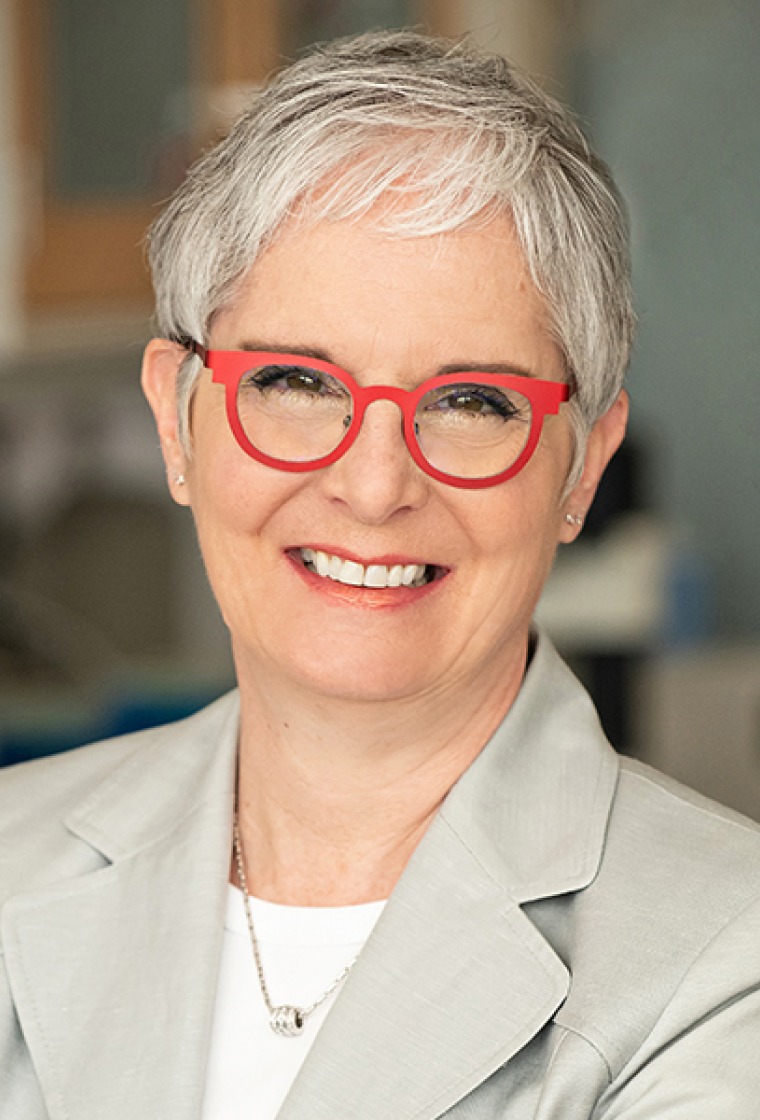Seminar: Chemotactic signaling and its relevance to inflammation and cancer
Speaker

Carole Parent obtained B.Pharm. and M.Sc. degrees from the Université of Montreal in 1985 and 1987, respectively. She received a Ph.D. degree from the University of Illinois at Chicago in 1992, and did postdoctoral training in the laboratory of Peter N. Devreotes at the Johns Hopkins University School of Medicine. Parent joined the Laboratory of Cellular and Molecular Biology at the NCI in 2000, received tenure in 2006, was appointed Deputy Chief in 2010, and Deputy Director of the Center for Cancer Research at the NCI in 2016. In 2017, Dr. Parent moved to the University of Michigan to join the Department of Pharmacology as the inaugural Raymond and Lynne Ruddon Collegiate Professor in Cancer Biology and Pharmacology. Her laboratory is housed in the Life Sciences Institute of the University of Michigan, where she is an affiliate research professor.


